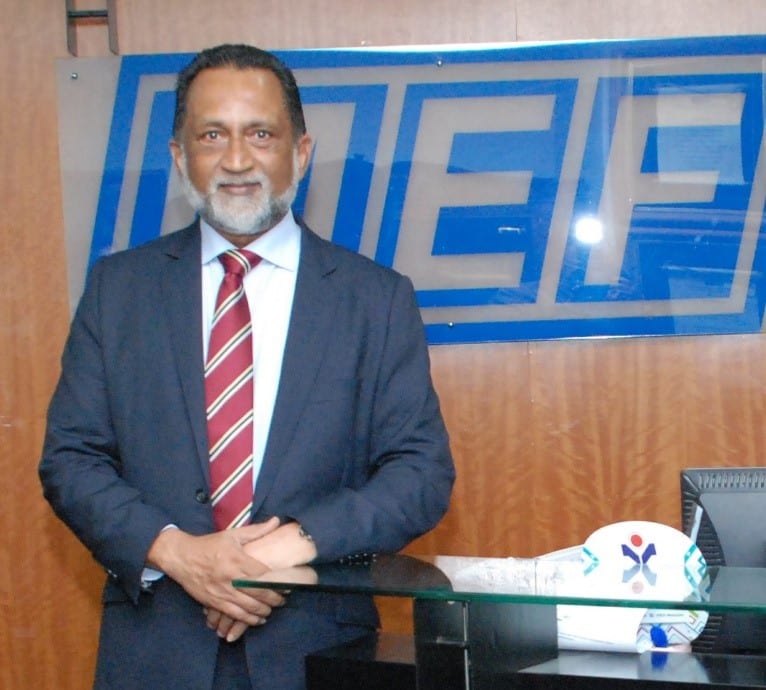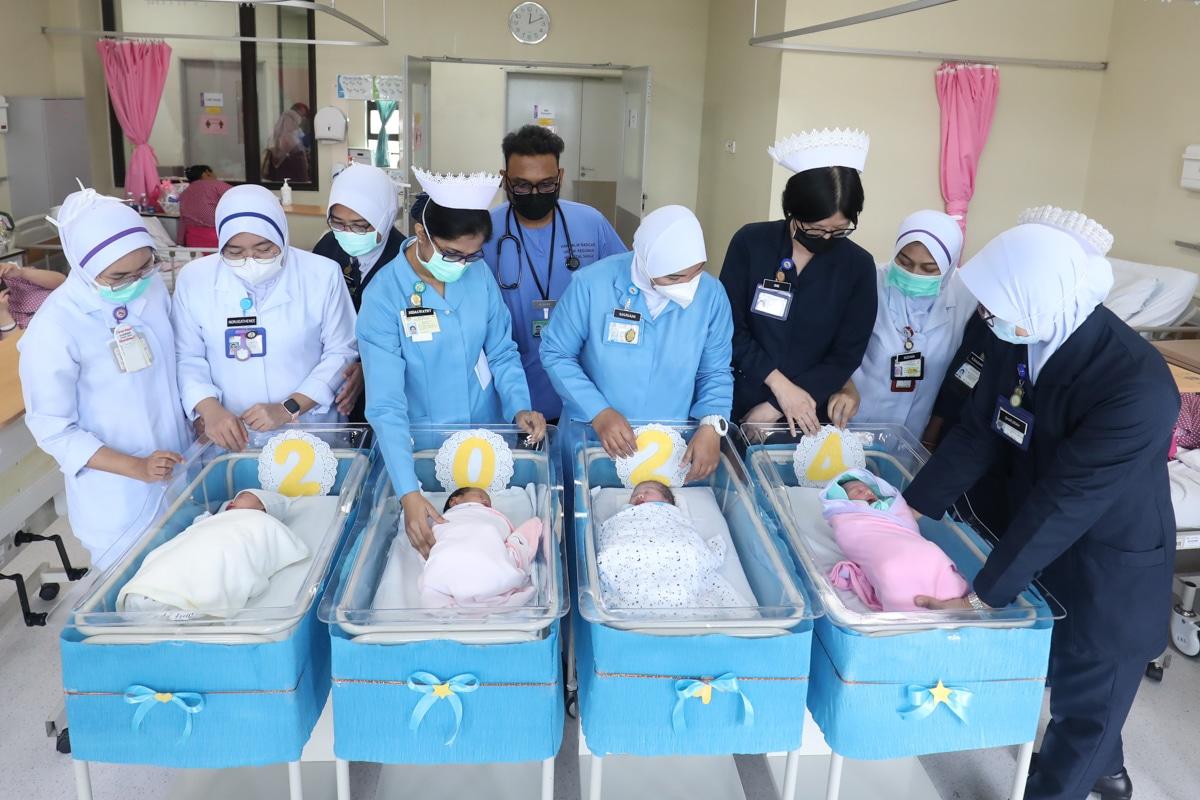SHAH ALAM, Sept 10 — The Malaysian Employers Federation (MEF) has opposed a proposal to extend paternity leave beyond the current seven days, warning that such a move would impose additional costs and operational strain on businesses, especially micro, small, and medium enterprises (MSMEs).
Its president Datuk Syed Hussain Syed Husman said that while MEF acknowledged the importance of fathers’ involvement in childcare, any extension of statutory leave must balance family well-being with business sustainability.
“The existing seven days of paternity leave already represent a progressive step in recognising fathers’ role in childcare.

“The goal of ensuring equal responsibility between men and women in raising a child can be achieved through more flexible arrangements, rather than imposing additional statutory paternity leave on employers,” he told Media Selangor.
On August 21, state executive councillor for women empowerment and social welfare Anfaal Saari said the Selangor government is looking to extend paternity leave beyond the current seven days.
She said the move aims to encourage fathers to assume a bigger role in caring for newborns and facilitate shared responsibility among parents. The proposal is outlined under the Selangor Women’s Policy and Action Plan 2024-2026.
The Father's Rights Association of Malaysia has welcomed the plan, saying the current seven-day period barely allows fathers to handle administrative tasks, leaving mothers to shoulder most of the newborn’s care during the critical first weeks.
In response, MEF suggested that instead of extending statutory paternity leave, shared parental responsibility could be achieved through more flexible schemes, like allowing mothers to transfer part of their maternity leave to fathers or giving families the option to divide how leave is divided between spouses without placing extra financial burdens on employers.

Flexibility over longer leave
Hussain noted that longer paternity leave would particularly disrupt smaller companies, where limited staffing means extended absences could directly affect workflow, service delivery, and productivity.
Employers would also face higher labour costs through overtime payments or the need for temporary replacements.
“Employers are already required to comply with multiple forms of statutory leave. Further extensions risk reducing productivity and competitiveness, particularly in labour-intensive industries, at a time when businesses are still recovering from economic uncertainties,” he said.
MEF prefers workplace flexibility, childcare support, and awareness programmes to promote shared parental responsibility without adding financial strain on bosses.
“MEF emphasises that while the objective of strengthening family bonds is commendable, extending statutory paternity leave beyond the current seven days is not the most practical and balanced solution.
“Instead, mechanisms such as maternity leave sharing and flexible parental arrangements should be promoted to achieve gender-equitable childcare while safeguarding business sustainability,” Hussain said.

Malaysia’s economic realities
On comparisons with Nordic countries, he said Malaysia could not simply replicate their models as they are high-income economies with strong welfare systems where parental leave costs are largely borne by governments through taxation and social security.
“MEF recognises that countries such as Sweden, Norway, and Finland have implemented extensive parental leave schemes while maintaining high levels of productivity. However, these practices are not directly transferable to Malaysia due to significant structural, economic, and cultural differences.
“Nordic countries are high-income economies with advanced welfare systems, high worker productivity, and strong tax-funded social security. Their governments can subsidise and co-finance parental leave through robust public funding,” Hussain said.
Malaysia, on the other hand, is a labour-intensive economy driven by sectors like manufacturing, construction, and services, making productivity gains harder to scale.
Employers here, especially MSMEs, have to shoulder the full cost of statutory leave without government co-funding like in Nordic countries.
“Extending paternity leave under the current system would directly increase employer costs without state support, making it unsustainable for many businesses,” he said.
Hussain added that Malaysia’s reliance on MSMEs — which make up nearly 90 per cent of the country’s economy — means that even temporary staff shortages can cause immediate operational gaps.
“Malaysia competes regionally with countries like Vietnam, Indonesia, and Thailand, where statutory paternity leave provisions are limited. Introducing Nordic-style entitlements could undermine Malaysia’s competitiveness for foreign investment if business costs escalate beyond regional peers,” he said.






